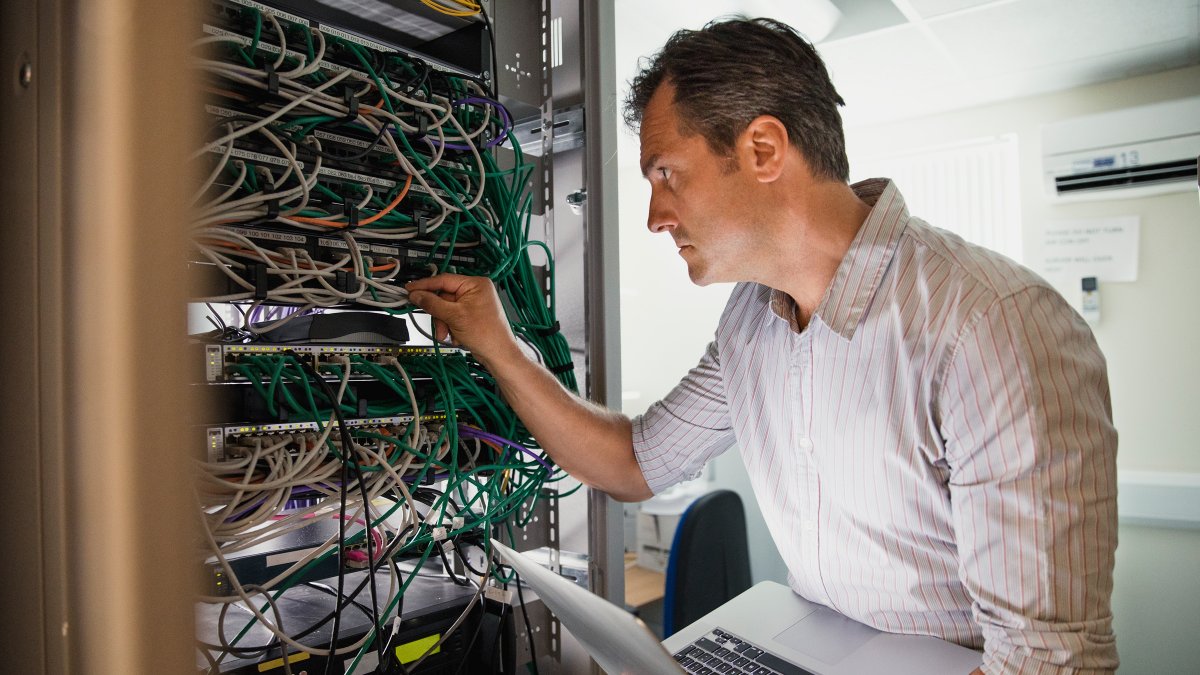Monitoring Covid-19 cases in GP surgeries
We are helping the Royal College of General Practitioners (RCGP) Research and Surveillance Centre (RSC), and the University of Oxford, assist Public Health England (PHE), to effectively monitor cases of coronavirus (Covid-19) in the community.

Working closely with the RCGP, our team at Surrey has created a reliable network to store all the data the Centre collects.
Covid-19 is the latest strain of coronavirus, which causes two main symptoms:
- A continuous dry cough
- Fever with a body temperature over 37.8°C.
Many will experience mild symptoms but for the elderly and those with underlying health conditions, this can be more serious. Since the pandemic began on 31 December 2019, it has spread across the world, claiming tens of thousands of lives so far.
Like many types of flu, coronavirus may be spread from person-to-person through cough droplets, which can stay infectious for several hours. With similar symptoms to the common cold, many people will seek advice from their local GP surgeries with no knowledge that they are suffering from Covid-19. This exposes others, particularly high-risk groups to the illness, resulting in more positive cases of coronavirus.
The Royal College of General Practitioners (RCGP) Research and Surveillance Centre (RSC), is a research and surveillance unit which collects and monitors data on different illnesses, from GP surgeries across England. Since the late 60s, it has been the primary source of information for Public Health England, producing a weekly report on over 35 respiratory and communicable diseases.
Since coming under the direction of Professor Simon de Lusignan in 2013, the Centre has established links with over 1000 GP surgeries. Working closely with the RCGP, our team at Surrey has created a reliable network to store all the data the Centre collects. Collected data includes information on symptoms, diagnoses, prescriptions, test results, referrals and hospitalisations.
The RSC, now primarily based at the University of Oxford, has developed a protocol to monitor Covid-19 in GP surgeries, which Public Health England is using to:
- Identify new cases.
- Prevent high-risk patients coming in to GP practices.
- Signpost these patients to the NHS 111 service.
- Develop interventions to prevent the further spread of coronavirus.
In collaboration with Public Health England, the data is used to monitor the spread of coronavirus in the community and to help improve the efficiency of the surveillance system.
Play your part in stopping the spread of coronavirus by following official NHS advice and keep up-to-date with the latest Government coronavirus information.
Find out more about our research in the School of Biosciences and Medicine.
